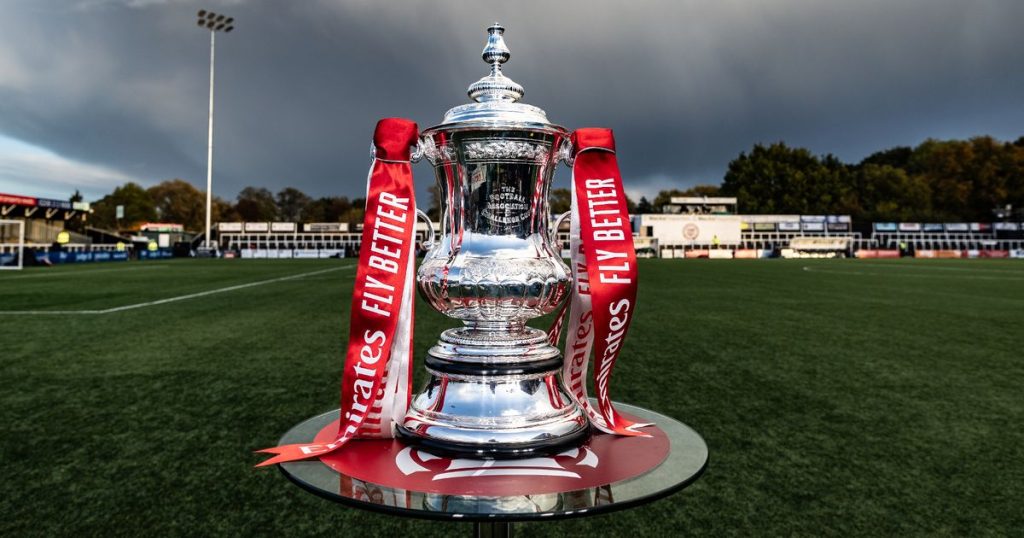The decision to remove replays from the FA Cup has sparked outrage among clubs who claim they were not consulted. EFL clubs have threatened to boycott the competition over the proposed changes, with strong opposition coming from various figures in the football community, including Sheffield United manager Chris Wilder and Greater Manchester Mayor Andy Burnham. The lack of communication from the FA ahead of the announcement has also drawn criticism, with some clubs feeling left out of the decision-making process. The situation has escalated to the point where Prime Minister Rishi Sunak has intervened, highlighting the growing dissent among clubs across the pyramid.
A potential boycott of the FA Cup has gained traction, with Tranmere Rovers chairman Mark Palios and Accrington chairman Andy Holt expressing their support for such actions. The lack of consultation with EFL clubs and the perceived unilateral decision by the FA has further fueled the discontent among clubs. The changes, made in coordination with the Premier League, have been denounced by multiple club representatives, who feel that this move will have negative impacts on clubs outside of the top flight. The heated discussions and backlash surrounding the proposed changes have shown no sign of dissipating, as more voices continue to join the chorus of opposition.
The FA’s decision to scrap replays in the FA Cup from the first round onwards has raised concerns about the impact on the competition’s integrity. Clubs fear that removing replays will diminish the magic of the cup, citing instances like Bristol City’s upset of West Ham as examples of the excitement generated by replays. The proposed changes also include alterations to the schedule, such as avoiding Premier League games on the day of the final or the day before. The FA defended their decision by emphasizing the discussions held over a year with the Premier League and EFL, asserting the necessity of restructuring in light of limited dates and player welfare considerations.
The backlash against the FA’s decision has prompted further scrutiny of the process and the implications for clubs across different tiers of English football. The lack of transparency and consultation with EFL clubs has fueled anger and frustration among stakeholders, leading to calls for a united front against the changes. The FA’s assertion that the changes were made in collaboration with the Premier League has not appeased critics, who argue that the impact on EFL and lower league clubs has not been adequately addressed. The threat of a potential boycott looms large, as clubs consider their options in response to what they perceive as an unfair and unilateral decision.
The controversy surrounding the removal of replays in the FA Cup highlights broader issues of governance, communication, and the balance of power within English football. The discontent expressed by clubs, managers, and politicians reflects a deeper dissatisfaction with the mechanisms through which decisions are made in the sport. The FA’s attempts to justify the changes by pointing to player welfare and revenue opportunities have failed to address the core concerns raised by those who see the move as detrimental to the essence of the FA Cup. The ongoing debate and pushback suggest a growing rift between different stakeholders in the football community, with questions raised about the future direction of the game.
Overall, the decision to remove replays from the FA Cup has ignited a firestorm of criticism and opposition, with key figures within the football world pushing back against what they perceive as an unjust and ill-considered change. The potential boycott of the competition underscores the depth of feeling among clubs who feel they have been sidelined in the decision-making process. The FA’s response to the backlash has further inflamed tensions, with the lack of consultation and transparency contributing to the sense of grievance. As the situation continues to unfold, the fate of the FA Cup and the broader implications for English football remain uncertain, with the potential for further divisions and conflicts to arise in the future.


